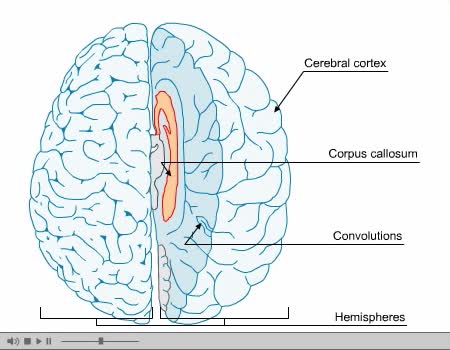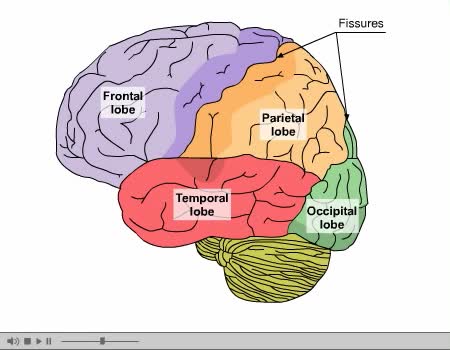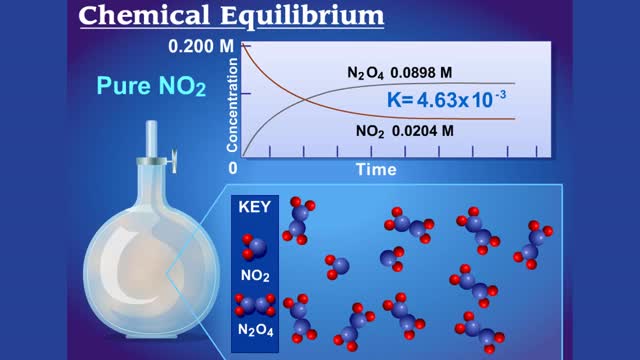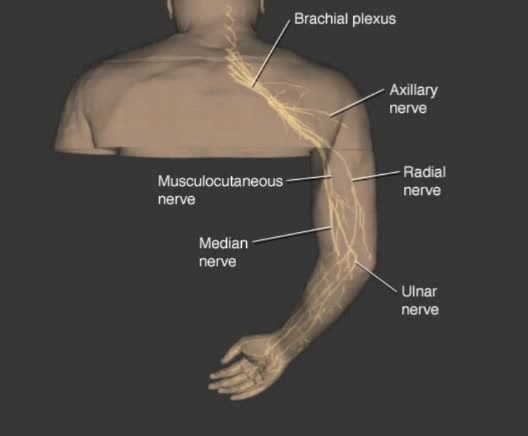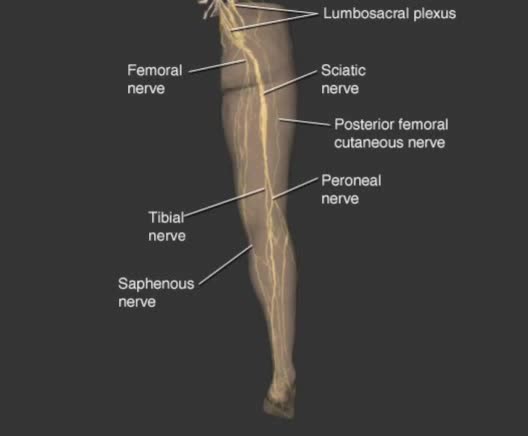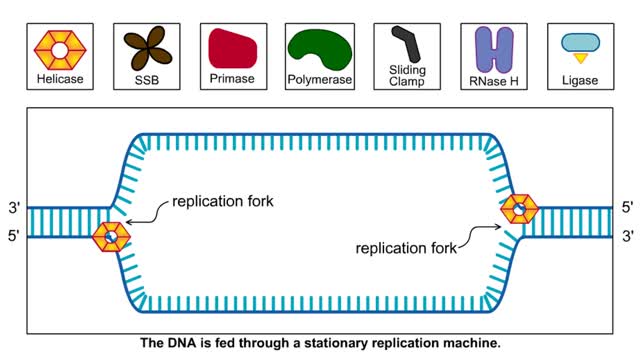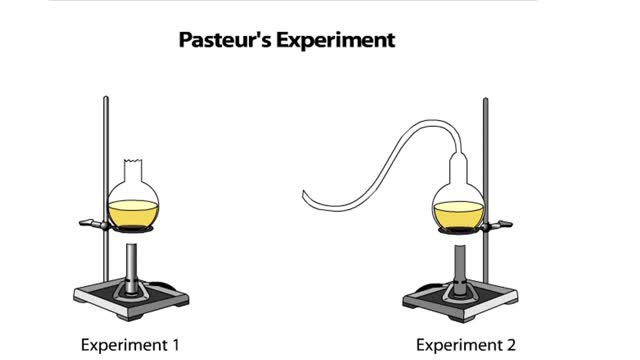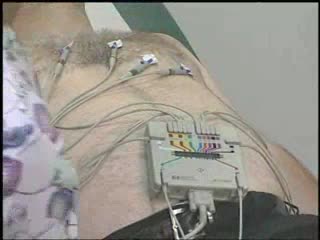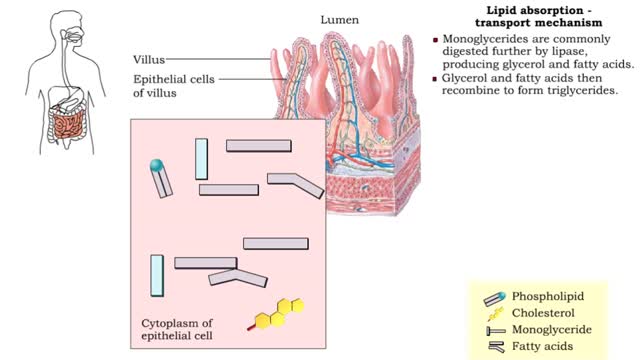Search Results
Results for: 'left ventricle'
By: Administrator, Views: 14234
The corpus callosum (Latin for "tough body"), also callosal commissure, is a wide, thick, nerve tract consisting of a flat bundle of commissural fibers, beneath the cerebral cortex in the brain. The corpus callosum is only found in placental mammals. It spans part of the longitudinal fissure, con...
By: Administrator, Views: 15531
The brain’s cerebral cortex is the outermost layer that gives the brain its characteristic wrinkly appearance. The cerebral cortex is divided lengthways into two cerebral hemispheres connected by the corpus callosum. Traditionally, each of the hemispheres has been divided into four lobes: front...
Chemical Equilibrium between N2O4 (colorless gas) and NO2 (brown gas)
By: HWC, Views: 10559
For a system at equilibrium: ◆ both forward and reverse reactions are occurring simultaneously ◆ rate of forward reaction must equal rate of reverse reaction OR Rate forward = Rate reverse ◆ concentrations of reactants and products remain constant with time the equilibrium positio...
By: Administrator, Views: 428
Used to describe neuronal processes conducting impulses from one location to another. Nerve fibers: - Nerve fibers of the PNS are wrapped by protective membranes called sheaths. - Myelinated fibers have an inner sheath of myelin, a thick fatty substance, and an outer sheath or neurilemma compo...
By: Administrator, Views: 406
Used to describe neuronal processes conducting impulses from one location to another. Nerve fibers: - Nerve fibers of the PNS are wrapped by protective membranes called sheaths. - Myelinated fibers have an inner sheath of myelin, a thick fatty substance, and an outer sheath or neurilemma compo...
The Lagging Strand in DNA Replication and Replication in Action
By: HWC, Views: 10825
The lagging strand is the strand of nascent DNA whose direction of synthesis is opposite to the direction of the growing replication fork. DNA backbones run in opposite directions, the strands in a DNA molecule are oriented antiparallel to one another. New DNA is made by enzymes called DNA...
By: HWC, Views: 10792
Louis Pasteur designed a procedure to test whether sterile nutrient broth could spontaneously generate microbial life. To do this, he set up two experiments. In both, Pasteur added nutrient broth to flasks, bent the necks of the flasks into S shapes, and then boiled the broth to kill any existing...
By: Administrator, Views: 14142
An electrocardiogram (ECG or EKG) is a test that checks how your heart is functioning by measuring the electrical activity of the heart. With each heartbeat, an electrical impulse (or wave) travels through your heart. This wave causes the muscle to squeeze and pump blood from the heart. Sinoat...
Lipid absorption - end products & transport mechanism
By: HWC, Views: 10905
• The end products, fatty acids and monoglycerides, depend on bile salts for absorption. • Bile salts form micelles (tiny spheres), which ferry fatty acids and monoglycerides to epithelial cells. • Free fatty acids, monoglycerides, and some phospholipids and cholesterol molecules, dif...
Advertisement



